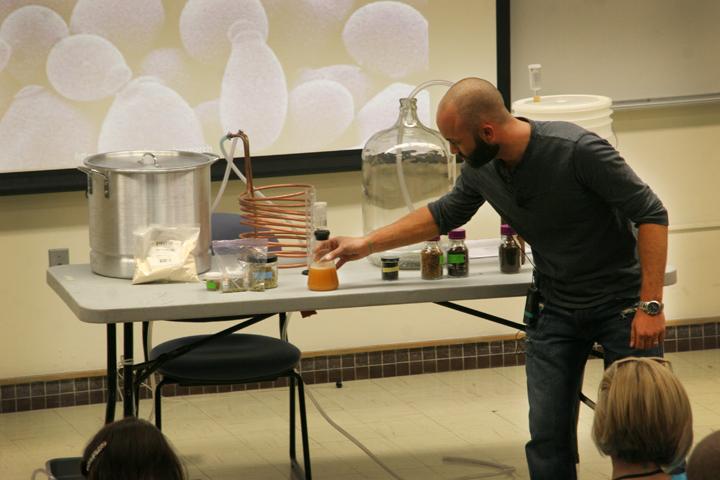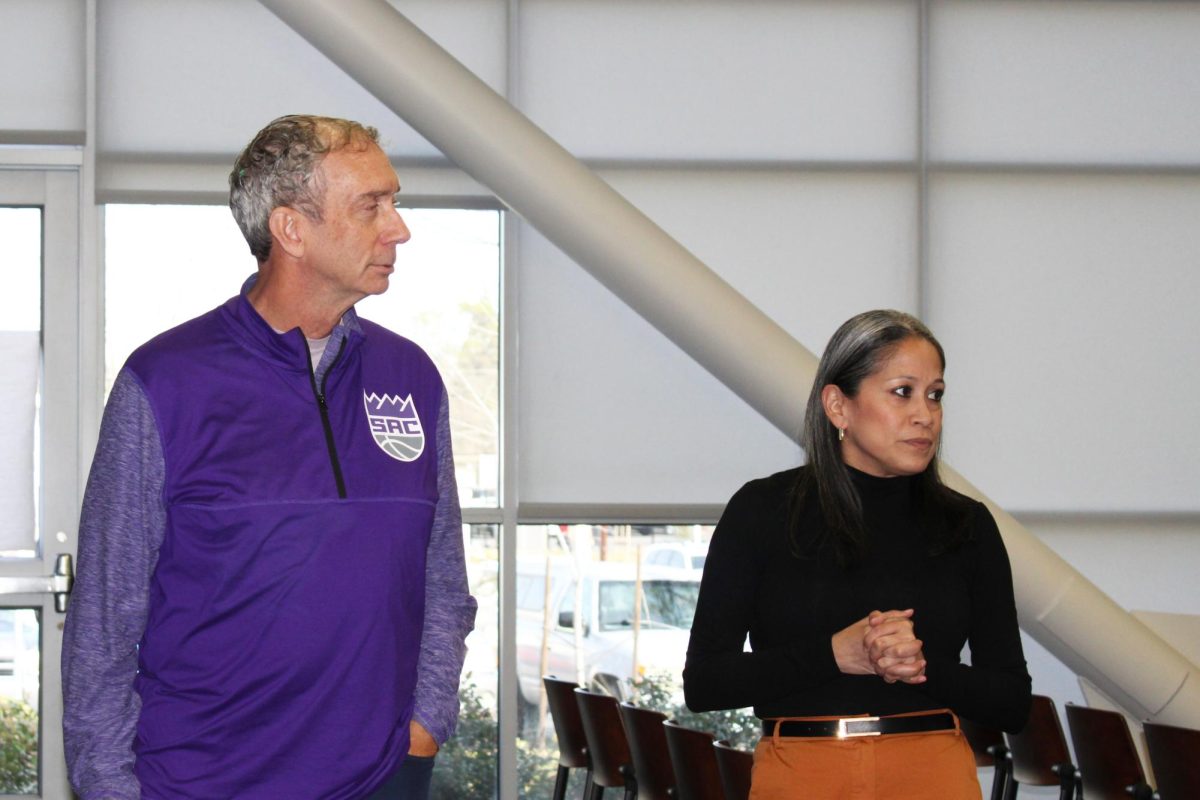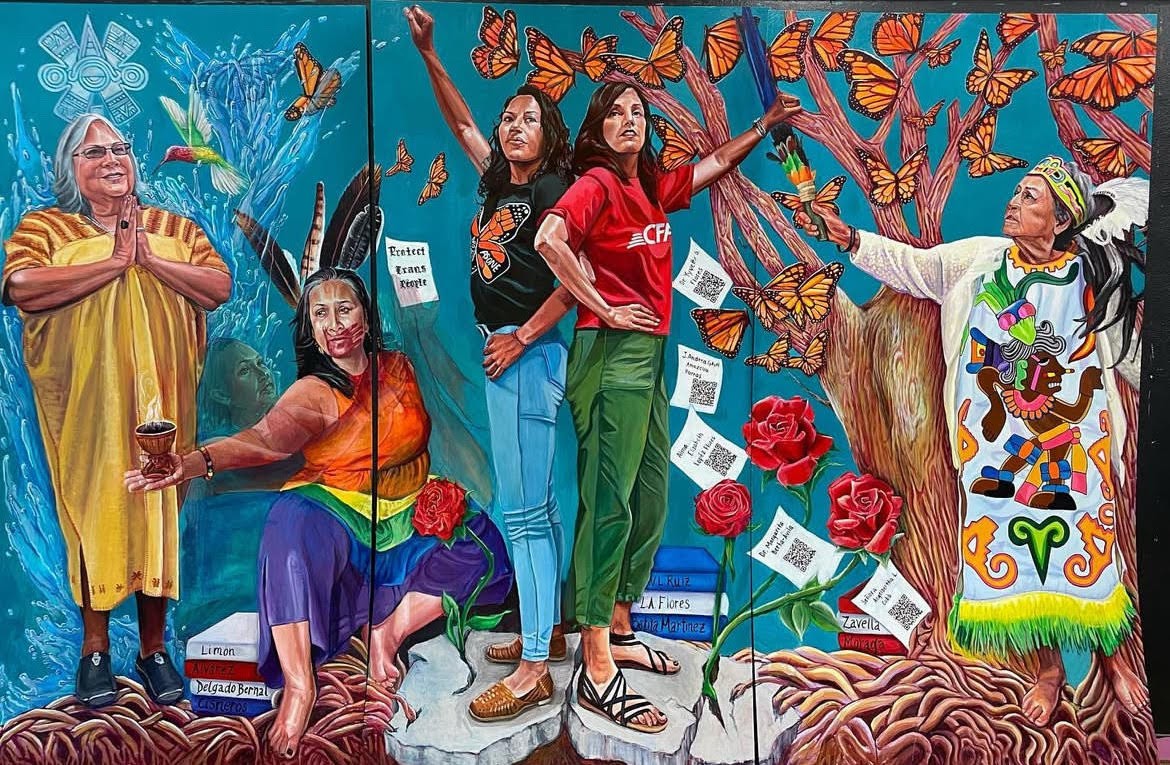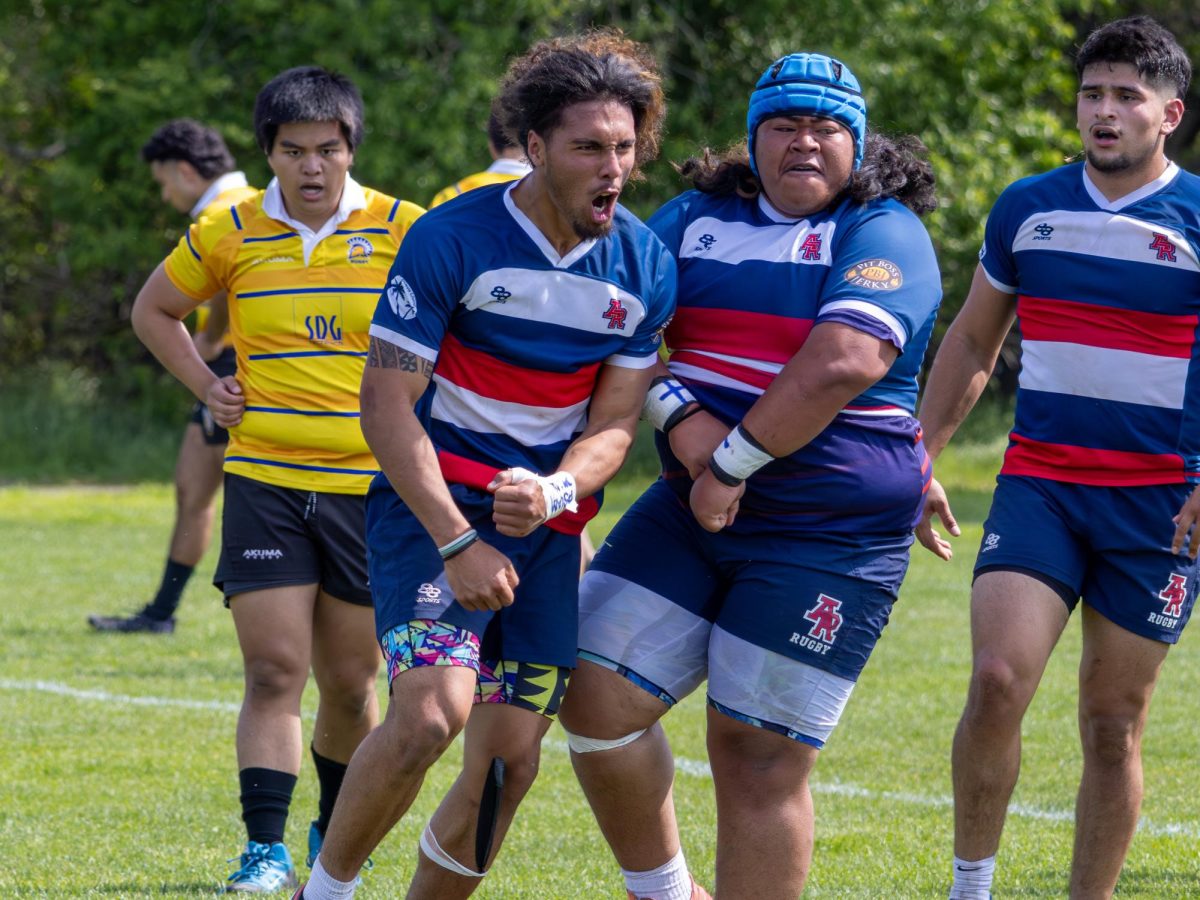American River College hosted a college lecture on the “History and Science of Beer”, that discussed the historical importance and significance of beer. The College Hour was hosted by Biology professor Rick Topinka and English professor Michael Angelone on Oct. 2.
The College Hour discussed an example of an early stage beer, which had such a low alcohol content it was virtually non-existent, presented in a sealed flask. No actual brewing took place during the lecture.
“I will be focusing on the science element of it,” said Topinka.
“You can boil the wort in this,” Angelone said during the lecture, as he opened up the lid of the brew kettle. “This is about as scientific I will get today.”
Topinka opened the lecture by asking, “What is beer?” He answered his own question by saying beer is a fermented drink made from barley, hops, water, and yeast.
Ingredients for beer were passed out to the audience, such as barley, hops and packets of yeast. Topinka said he wanted to give some interactivity to the lecture.
He instructed attendees throughout to smell the ingredients when it came time to discuss one of the main ingredients.
Topinka was able to explain the scientific process in layman’s terms. For example, he compared the barley seed to Superman’s capsule. The seed coat being the capsule, the endosperm being the food, and the embryo as Superman himself.
Angelone mentioned the Epic of Gilgamesh, an epic poem from Mesopotamia. In the story, the title character Gilgamesh finally grows up and becomes a man after he drinks beer and has sex, according to Angelone.
“There are more variations of the word ‘beer’ than the word ‘snow’,” said Angelone of the use of the word beer in the poem.
An attendee asked if water played a crucial part during the brewing process. Topinka said that while certain brews require certain types of water, you can be able to produce the required water by adding chemicals.
Angelone mentioned the book “Beer is Proof God Loves Us” by Charles W. Bamforth, where the author used water from a duck pond to brew beer with.
Psychology major Caroline Chavez said she found out about the lecture from her mother who is taking one of Topinka’s classes.
“I thought it was cool how it was related to the process of the human body,” Chavez said, referring to Topinka’s claims that the human body goes through lactic acid fermentation, which usually occurs when someone is exercising.
“You would not be allowed to run until after you turn 21,” Said Topinka.
When asked if she will be brewing anytime soon, Chavez said, “I want to, I don’t know how yet, but I think will be pretty cool.”













